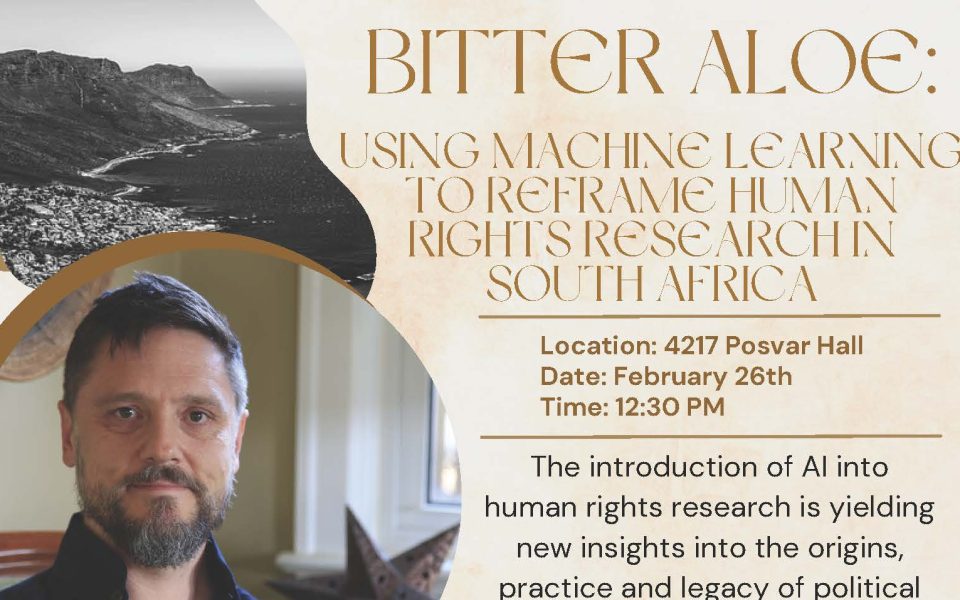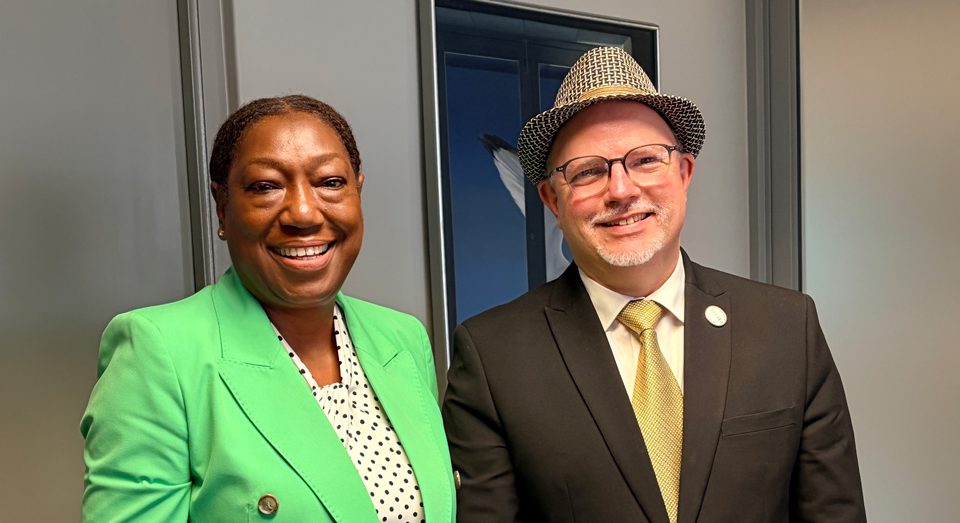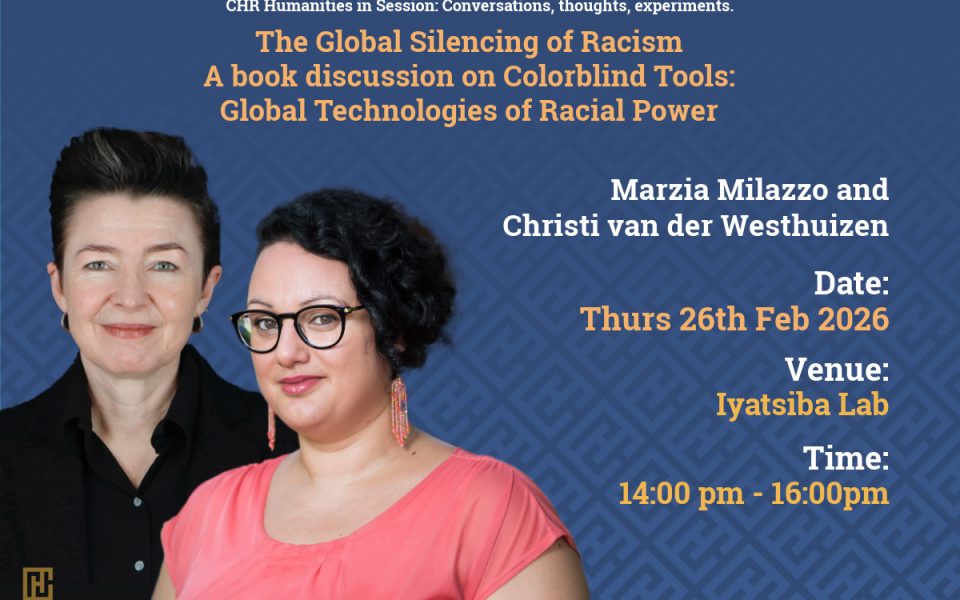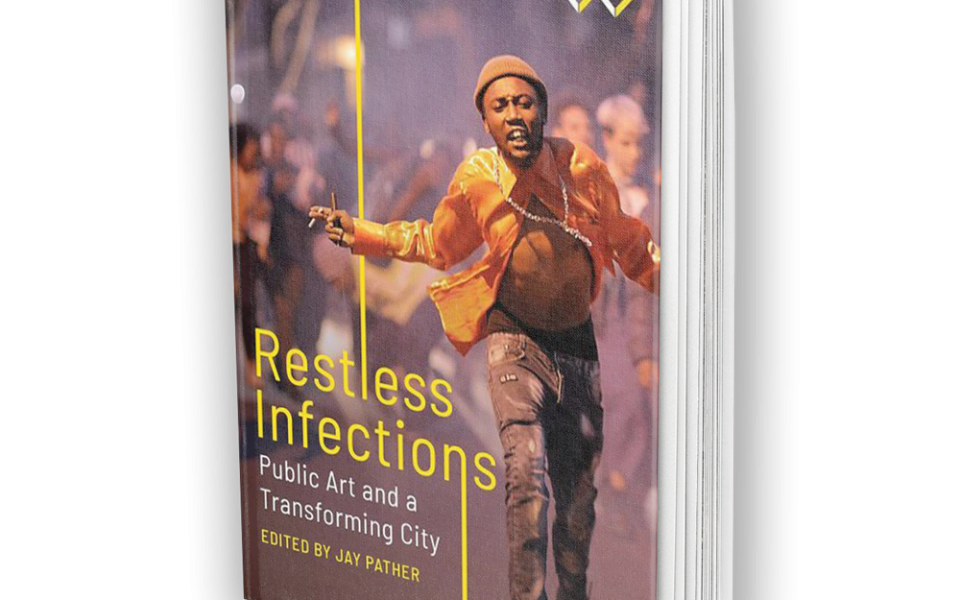Call for Papers – Revolutionary Papers: Counter-Institutions, Politics and Culture in Periodicals of the Global South workshop
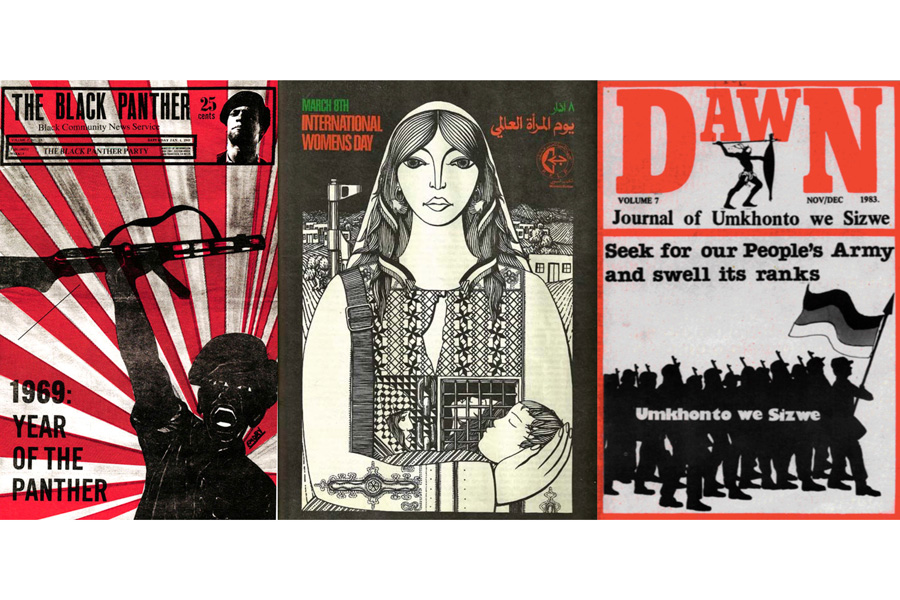
The CHR invites abstract submissions for a workshop titled Revolutionary Papers: Counter-Institutions, Politics and Culture in Periodicals of the Global South, taking place 23-24 April 2020 at the CHR. It is co-organised by Centre for Humanities Research and Department of History, University of the Western Cape; Faculty of English, University of Cambridge; Department of Sociology, London School of Economics, and co-sponsored by the Cambridge-Africa ALBORADA Research Fund and the Postcolonial Print Cultures International Research Network.
This workshop will examine 20th century periodicals and related print ephemera – including newspapers, cultural and literary journals, magazines, manifestoes, newsletters and political pamphlets – as sites of Left, anti-imperial and anti-colonial critical production throughout decolonization, anti-Apartheid struggles, and the post-colonial era. During this time the periodical acted as a conduit and a catalyst of collective critique and literature, discussion, and self-definition in multiple contexts and countries. This was made possible by the periodicals’ flexibility, its circulatory power, its capacity to foster intellectual and literary scenes, and its ability to form fields of political, cultural and social thought. These were developed through features such as records of debates, clubs and gatherings, essays, letters to the editor, translations, news, local and international literature, photography, and visual art. The workshop will explore these dynamics through an engagement with specific periodicals, focusing on three interrelated streams that explore periodicals as counter-institutional, counter-political, and counter-cultural.
Counter-Institutional: The Material Histories of Periodicals
Many periodicals were formed under conditions of colonial and imperial destruction, and functioned as forums for the development of oppositional politics, literary scenes and art practices. Through the development of counter-institutional structures, periodicals shaped the left intelligentsia and literati, and facilitated the formation of networks with regional and global movements. As low-cost, flexible publishing ventures, periodicals could nurture local culture through the publication of new writers, the transmission of key issues and debates, the fostering of intellectual events, networks and mentorship and the exposure of readers to local and regional work. Many also included international materials in translation, facilitating the speedy and inexpensive circulation of ideas, both regionally and globally. Presenters are asked to consider how periodicals constituted alternatives to intellectual, educational, literary or cultural establishments, as well as platforms that produced institutions and communities of culture and critique, as well as new scenes, readerships and counter-publics.
Counter-Political: The Political & Intellectual Histories of Periodicals
Left periodicals developed unique political vocabularies, analyses, and critiques that addressed local concerns and tied these concerns to global revolutionary politics. Journals were also engaged in international debates and exchange, translating, defining and re-inventing concepts like socialism, liberation, imperialism, patriarchy, capitalism, racism, secularism, or democracy across languages, for example Zulu, Xhosa, Swahili, Spanish, Arabic, or Urdu. Ideas and events such as the Algerian Revolution, the Vietnam War, Cuban Revolution, and the anti-Apartheid movement circulated as revolutionary tropes through periodicals and other print. They captured shared political conditions and possibilities across the Global South. Such critique, which contains important information about local and regional modes of collective self-assessment and definition, has been relegated to the margins of print culture. Presenters are asked to investigate and retrieve non-canonical conceptual vocabularies of political critique produced and disseminated through radical periodicals, with a particular emphasis on concepts and terminology shared among publications across the Global South.
Counter-Cultural: Literary & Cultural Resistance in Periodicals
This stream will be dedicated to the periodicals’ role in the formation of oppositional literatures and arts practices. As flexible, multi-genre platforms, many journals provided a space for literary critique and debate alongside the publication of poetry, prose and visual art. This allowed literary circles to define the aesthetic and social parameters of their production as they published and disseminated new work. In this stream, we will focus on the question of how specific periodicals helped shape anti-colonial, Marxist, national, feminist and other collective literatures. We invite presenters to uncover how periodicals addressed critical questions, such as: What role does literature play in the process of social change, national identity and collective self-definition? How does literature support social endeavors such as literacy, education, and political mobilization? What is anti-colonial literature after colonialism? What aesthetic contents and forms should writers adopt and how do regional and global trends influence local literary styles? Should writers work in hegemonic or colonial languages? Or should they write in dialects and indigenous languages?
Format of the Workshop
The two-day workshop will take place at the Centre for Humanities Research, University of the Western Cape, and will engage ongoing research platforms including Aesthetics After Colonialism, Rethinking Political Theory, Visual History and Theory, and Other Universals. Presenters will be asked to bring scans/copies of their select periodical to share with other participants; they will also be asked to pre-circulate papers 3-4 weeks in advance. The workshop will open with presenters introducing their periodical(s), including insights into why they are revisiting them. This will be followed by presentations, talks, and discussions. We will include public historians and political organisers from Cape Town who employ periodicals in popular education.
Organisers will cover lodging, food, and transport in Cape Town. National and international travel will be reimbursed as available. Priority will be given to scholars travelling from the Global South.
Guidelines for Abstract Submission
We invite participants to engage comparatively with the periodical as a forum of local and transregional thought that addresses one or more of the above streams. We recognize that the radical periodical manifested in vastly different forms—from Communist party organs, to guerilla newsletters and bi-lingual internationalist literary magazines. Researchers are invited to select and present on one or more collection of prints from any genre they consider relevant. Researchers are asked to include the following information when submitting their abstract:
- A description of periodical(s) including: a. Title(s), b. Circulation period(s) and region(s), c. Publication language(s), d. Type(s) (e.g. was it a weekly magazine or ad hoc guerilla bulletin), e. Name of the editorial collective(s) or movement(s) responsible for publication (if available), f. Digital copy of periodical cover (if available).
- Title and abstract of a paper focusing one (or more) political, conceptual, literary, cultural, organizational or other intervention by the periodical(s) in question. What can these periodicals lend to our understanding at this moment? [Max. 400 words]
- A short bio [Max. 100 words]
Please submit your abstract to revolutionarypapers@gmail.com by 30 November 2019.
All participants will hear back in December
Co-organised by:
Dr. Mahvish Ahmad
Andrew W. Mellon Postdoctoral Fellow
Centre for Humanities Research
University of the Western Cape
Dr Chana Morgenstern
University Lecturer in Postcolonial and Middle Eastern Literature
Faculty of English
Senior Fellow, Newnham College

